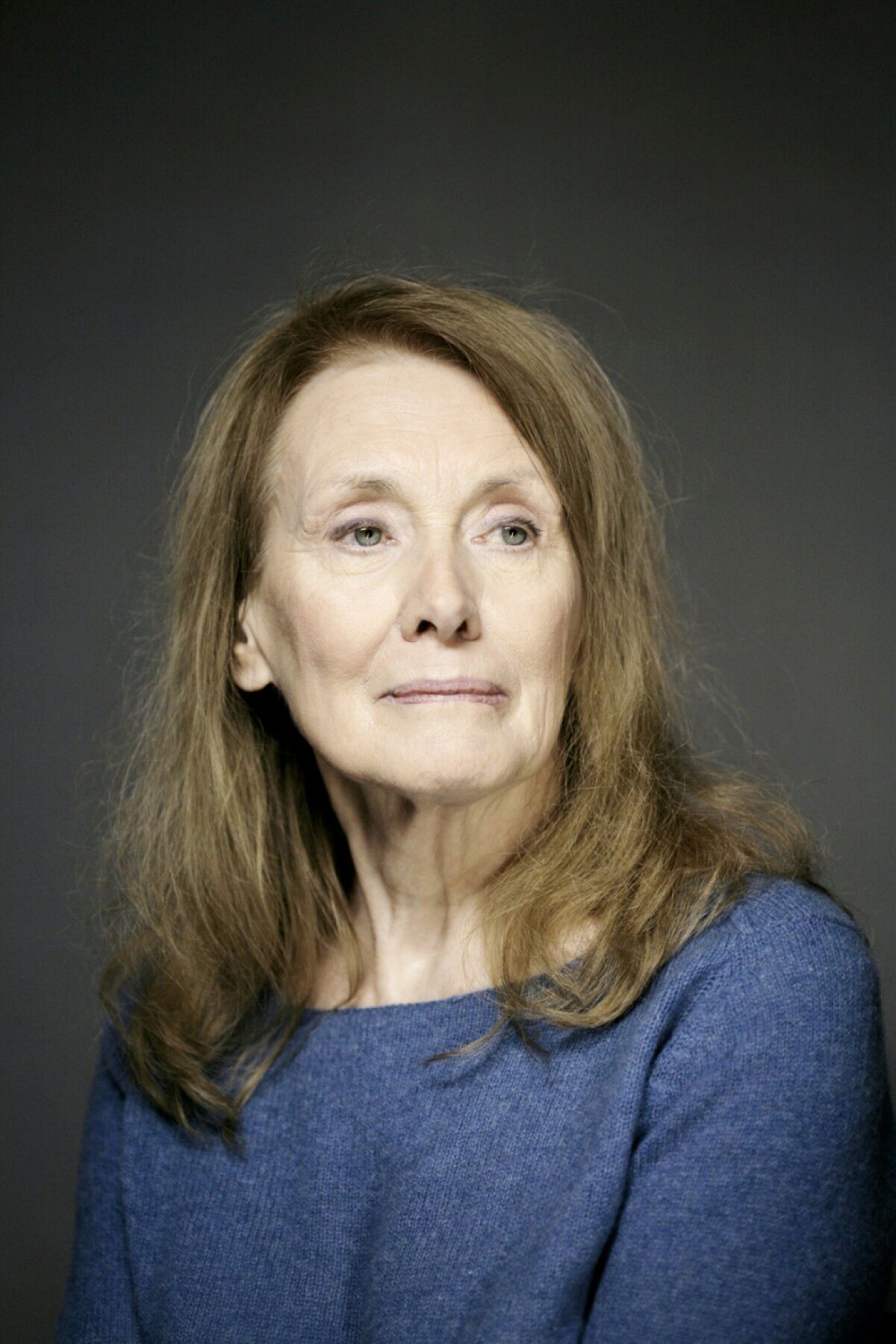The Years
Seven Stories Press, $19.95 pb, 237 pp, 9781609807870
The Years by Annie Ernaux, translated by Alison L. Strayer
The word indicible appears frequently in the work of French author Annie Ernaux. In English, it means ‘inexpressible’ or ‘unspeakable’. Yet saying the unsayable – or rather, exploring the crevice between what is discussed openly and the inexpressible within – is where Ernaux excels. As the opening anecdotes of The Years (Les années) display, this may not always be pleasant: shit, urination, and sex are described in matter-of-fact detail, while in other works the basic mechanics of abortion and adultery, domestic violence, and death are registered calmly and head-on. Ernaux’s quiet determination to document the unspeakable, however, forms a vital record of what it means to have been a child, a woman, a human being in the twentieth century.
Born in 1940, Ernaux published her first book in 1974. Some twenty books have followed, many centred around a particular incident or period in her life. La place (winner of France’s 1984 Prix Renaudot), for example, begins with the death of her father, while the unflinching ‘Je ne suis pas sortie de ma nuit’ (1997) charts her mother’s decline from Alzheimer’s. Ernaux’s books are mostly short but, with the repetition of certain stories, images, and dialogue, together resemble a serial novel. Ernaux was initially inspired, she tells us in The Years, to write something like Guy de Maupassant’s Une vie (1883), something that would ‘convey the passage of time inside and outside of herself, in History, a “total novel” that would end with her dispossession of people and things’. This is classic autofiction territory, but her decision to replace the ‘I’ of earlier works with ‘she’, ‘one’, and ‘we’ – what her translator refers to as a collective ‘I’ – indicates that here we are being taken on a different journey altogether.
The much-lauded Les années was published in France in 2008, appearing in English with Seven Stories Press only in 2017. While not the first of Ernaux’s books to be translated, it is perhaps the one with widest appeal, recounting the cultural and social shifts she has experienced against a backdrop of current affairs ranging from World War II and the revolutions of 1968 to 9/11. Her aim, she declares, was to tell the story of her existence but to dissolve this existence into that of her generation.
Ernaux eschews traditional narrative, which, she notes in her earlier work La honte (1997), ‘would produce a reality instead of the search for it’. Instead, she builds impressions of the past decade by decade. A single photograph or a few minutes of home video serve as her Proustian madeleine, as do memories of family meals and dinner parties with their changing food, method of setting of the table, and topics of conversation. A 1950s family gathering might, for example, revive such recollections as:
– living in a house with a dirt floor
– wearing galoshes
– playing with a rag doll
– washing clothes in wood ash
– sewing a little pouch of garlic inside children’s nightshirts near the navel to rid them of worms
Inventories of song titles and films, items of clothing, even the changing contents of a supermarket trolley help her quest. While Ernaux has toyed previously with the idea of being an ethnologist of herself, here she is more like a historian, anxious to record for future generations memories, objects, habits, and language that the internet might distort or neglect.
Like all good writers, Ernaux identifies the transformations we sense but cannot always immediately articulate. She tracks, for example, the connected growth of advertising, consumerism, leisure time, and self-obsession. She depicts a society that, satiated, looks steadfastly inward rather than taking on the much harder task of being curious about the past (other than an ostentatious form of civic duty) or the outside world. She worries about the reversal of various twentieth-century achievements, seen in increased hostility towards immigrants or the worsening place of women, who are told they have it all but are still judged for their bodies, clothing, and sexuality. Ernaux has a way with aphorisms (‘Anomie was catching’), but the book forms, too, an extraordinary document of language and its changing use over the twentieth century, from the patois or dialect of her childhood Normandy to the days when a party was still a ‘surboum’.
 Annie Ernaux (photograph by Olivier Roller)
Annie Ernaux (photograph by Olivier Roller)
Replete with cultural references, The Years cannot have been easy to translate. Canadian translator Alison L. Strayer acknowledges having had to look up many details, but seems to have struggled with deciding what to translate and when: certain names and terms are translated or receive an explanatory footnote, but others do not. Strayer also confesses to the challenges posed by Ernaux’s minimalist but occasionally ‘breathless’ writing, with the result that the author’s laconic, yet lyrical style is sometimes lost. She does, though, preserve Ernaux’s unusual spacing.
History almost always has a capital ‘H’ for Ernaux, but it is a form of history that historians tend not to broach, not least due to lack of evidence. She fears that this failure to acknowledge the silences in our society condemns those ‘who feel but cannot name these things’. When the silence breaks, she writes, ‘little by little, or suddenly one day, and words burst forth, recognized at last’, other silences begin to form. We have perhaps seen a recent example in the protests of the gilets jaunes for whom Ernaux controversially declared support, comparing Emmanuel Macron’s Élysée to the Versailles of France’s ancien régime in its scorn for workers. Ernaux’s commitment to disturbing these silences has made her one of contemporary France’s most important and intriguing observers.










Comment (1)
Australian publishing is structured by genres as well as by writers’ career stages (it’s easy to see that she would have been in the ‘literature’ genre, but perhaps that’s the wisdom of hindsight). I mean, Ernaux didn’t want to be in any genre, it seems – with her commitment to pain, grubbiness, the diurnal. Perhaps French publishing allows its writers more freedom, more individuality? All the French winners of Nobel Prizes for literature have written difficult books – both in form and in content. Very few Australians do - it must be something in the water (or in the publishing).
Leave a comment
If you are an ABR subscriber, you will need to sign in to post a comment.
If you have forgotten your sign in details, or if you receive an error message when trying to submit your comment, please email your comment (and the name of the article to which it relates) to ABR Comments. We will review your comment and, subject to approval, we will post it under your name.
Please note that all comments must be approved by ABR and comply with our Terms & Conditions.